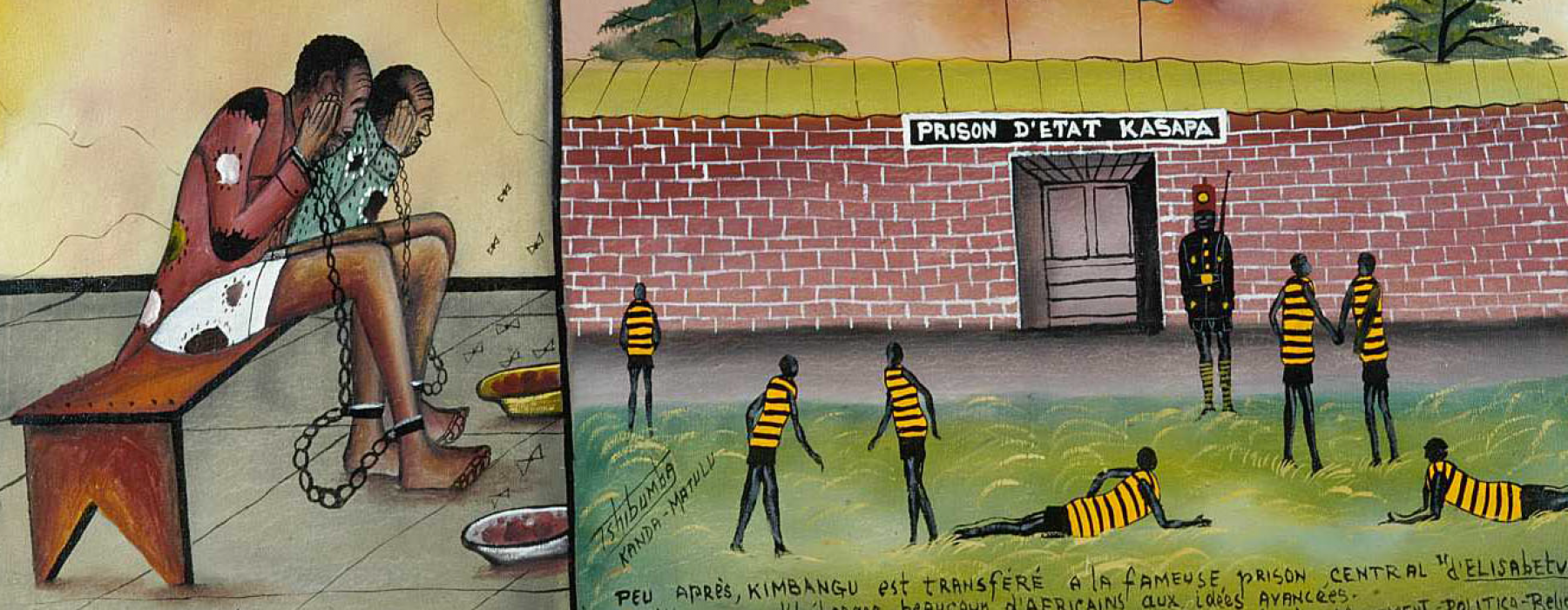
A familiar refrain heard within museum walls is, “but it was legal at the time.” This is a response often voiced when people discuss objects obtained under legal, if dubious conditions of strikingly unequal power relations under European colonialism. For those who do not agree, this recourse to past legality provides museums with a too easy and uncritical justification for keeping objects acquired under questionable circumstances.
The colonial has become an increasingly urgent problematic for museums in recent years. In order to develop ethical policies for the stewardship of objects (or for their return), an institution must contend with the complexity of the colonial as a category: how does one define 'colonial objects' when the colonial is distributed not only imperially but also entangled with the projects of science, religion, trade and development carried out overseas? And if the category encompasses a set of objects with a range of acquisition histories, what kind of ethical and legal frameworks are required to mediate and adjudicate ownership?
If museums have a colonial problem, then the law has a time problem. Most current legal systems focus on present or recent wrongs, and are ill-equipped to settle, much less render justice for, historical, diffuse, and collective wrongs. Indeed, within international and national legal studies, various scholars have demonstrated the law’s failings in addressing longer histories of violence and historical and collective culpability (see Clarke 2015).
In the first RCMC Reparative Acts Lab, we invited Professor Kamari Clarke and Professor Siba Grovogui to discuss the limitations and possibilities of legal justice and social repair in relation to museum collections and the colonial archive. In this discussion, we sought to examine how the dominance of legal discourse in the museum world has both facilitated and limited the work of redress and social justice for colonial and historical wrongs. How might ethnographic museums themselves better contend with the problem of the colonial in their collections? What possibilities exist to push the law to reckon with more complex notions of collective culpability and the affective force of ongoing injustices? Alternatively or additionally, how might we shift perspectives away from legal arguments of criminal culpability and towards other formulations of responsibility and justice that might better serve a reparative framework?
Clarke, Kamari Maxine. 2015. “Refiguring the perpetrator: culpability, history and international criminal law’s impunity gap.” The International Journal of Human Rights 19 (5): 592-614. | PDF